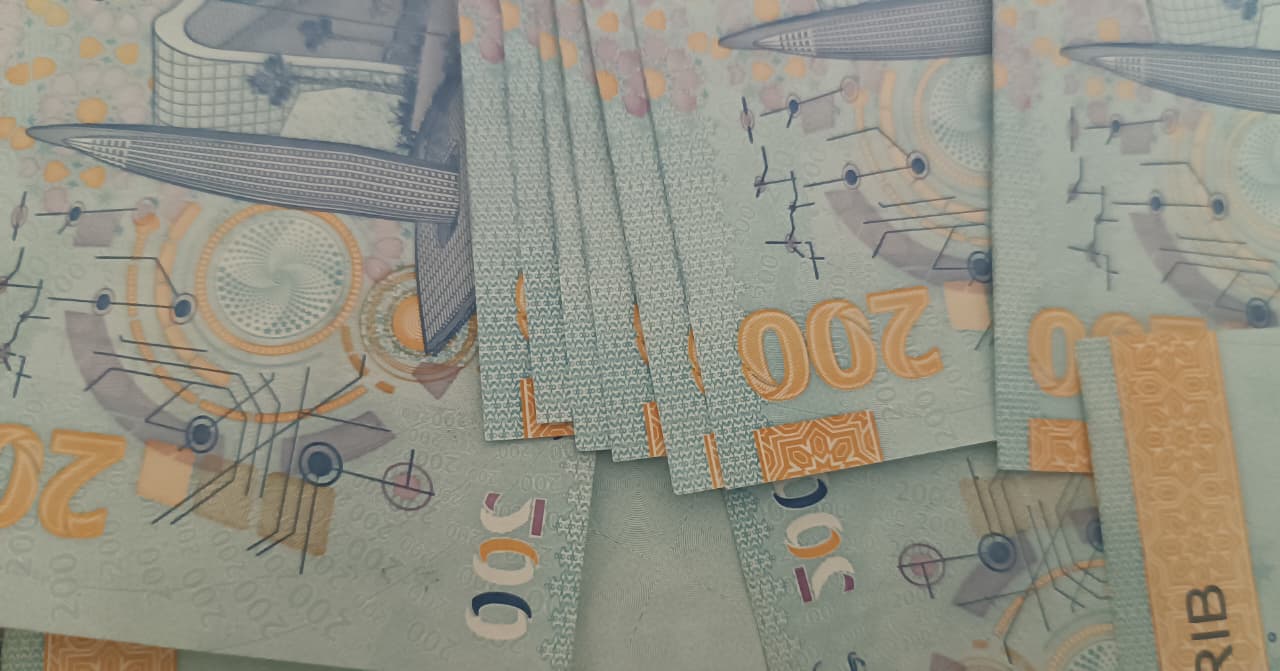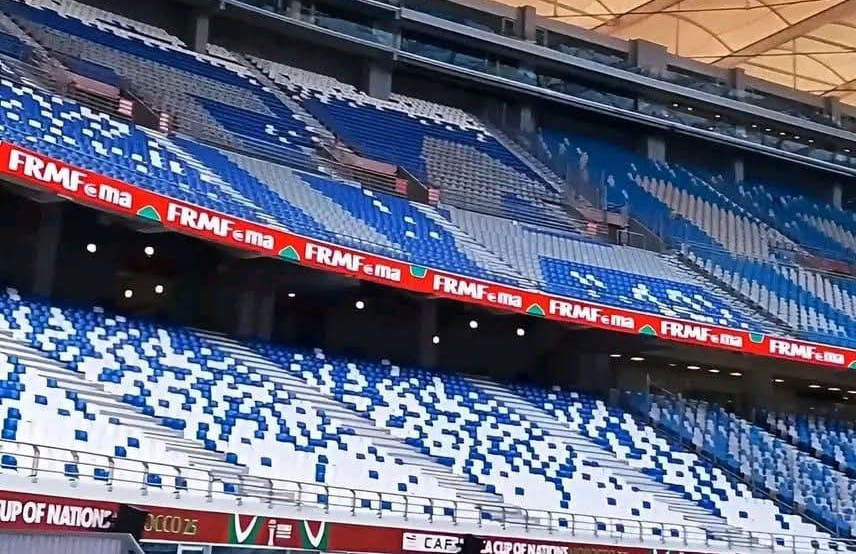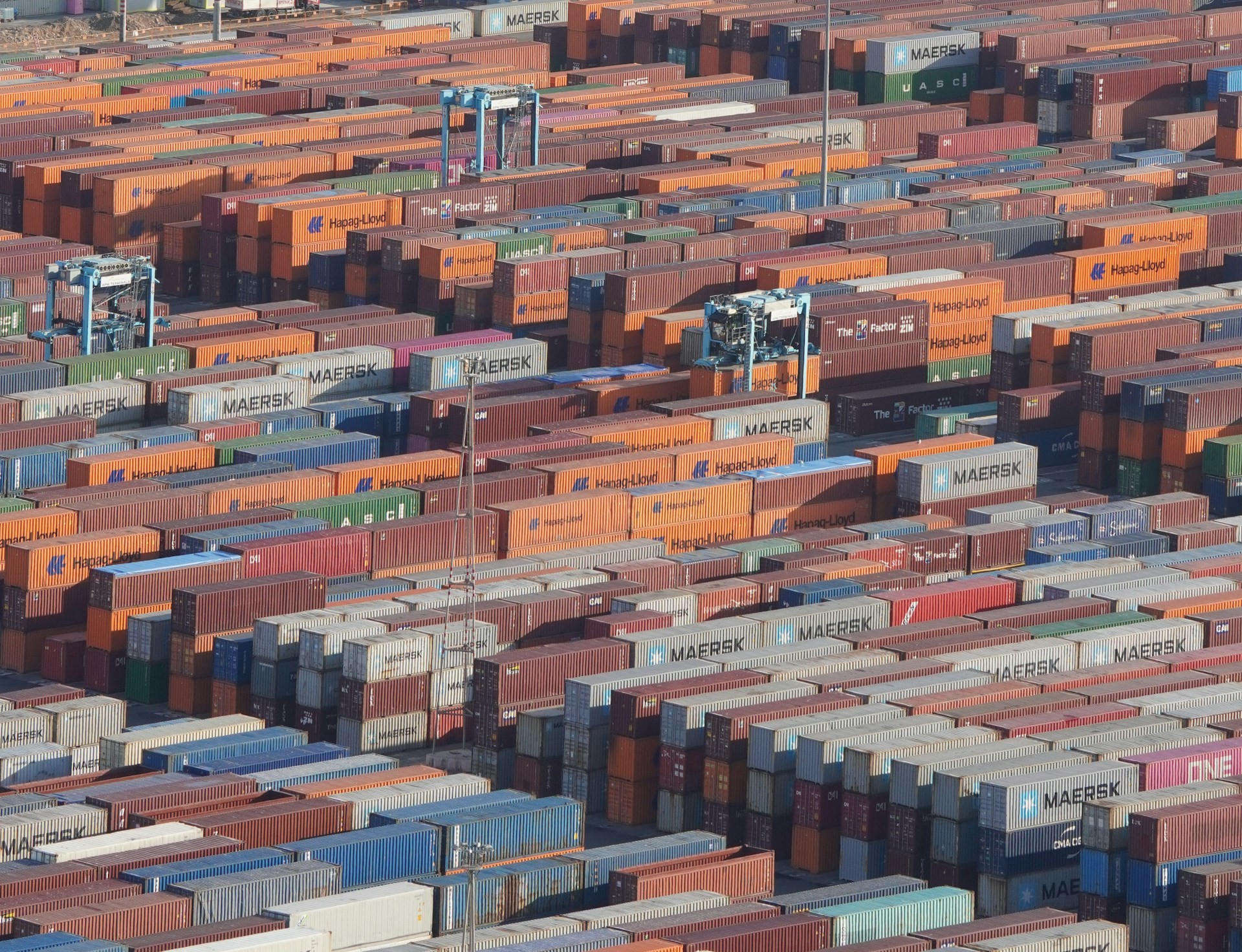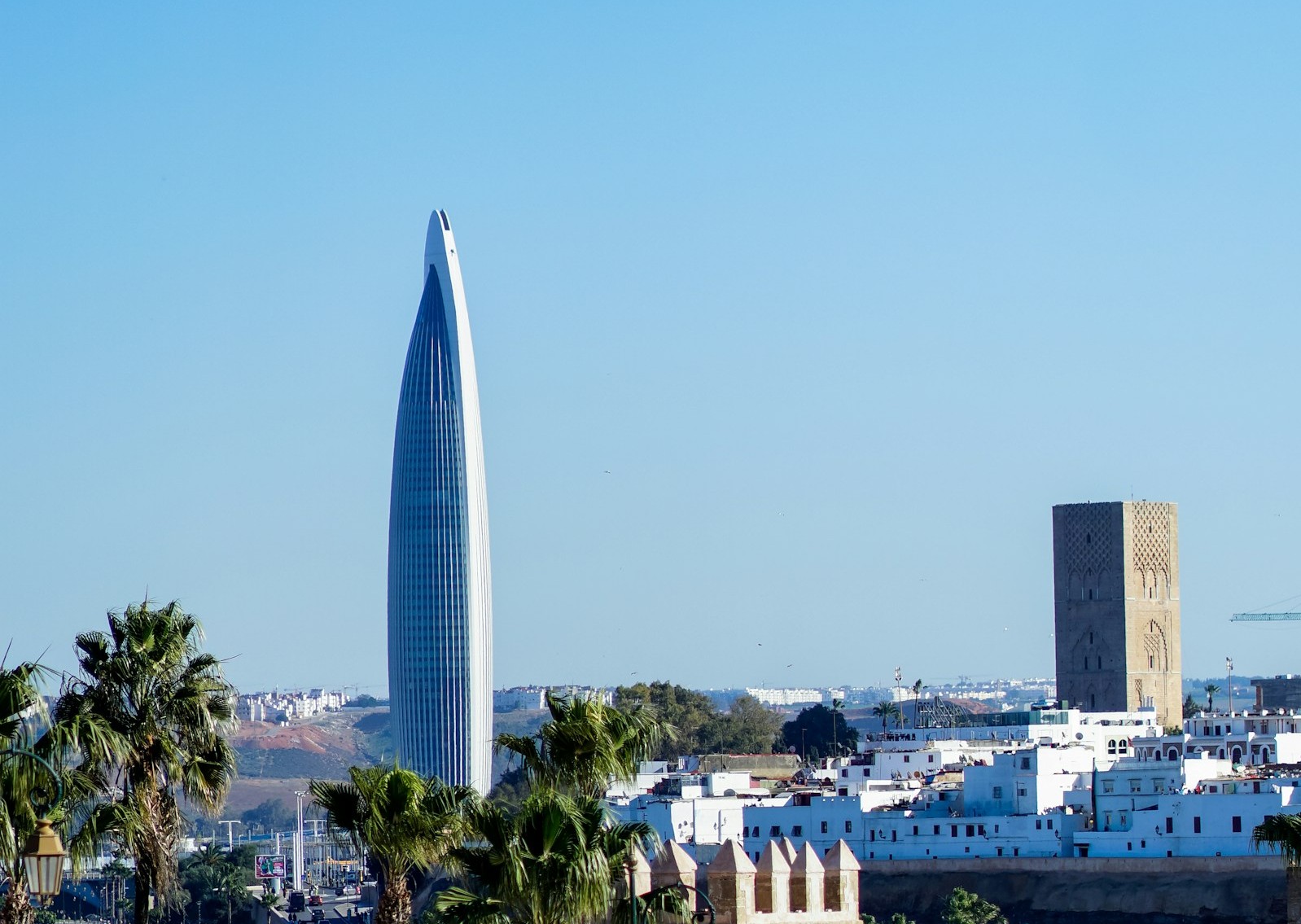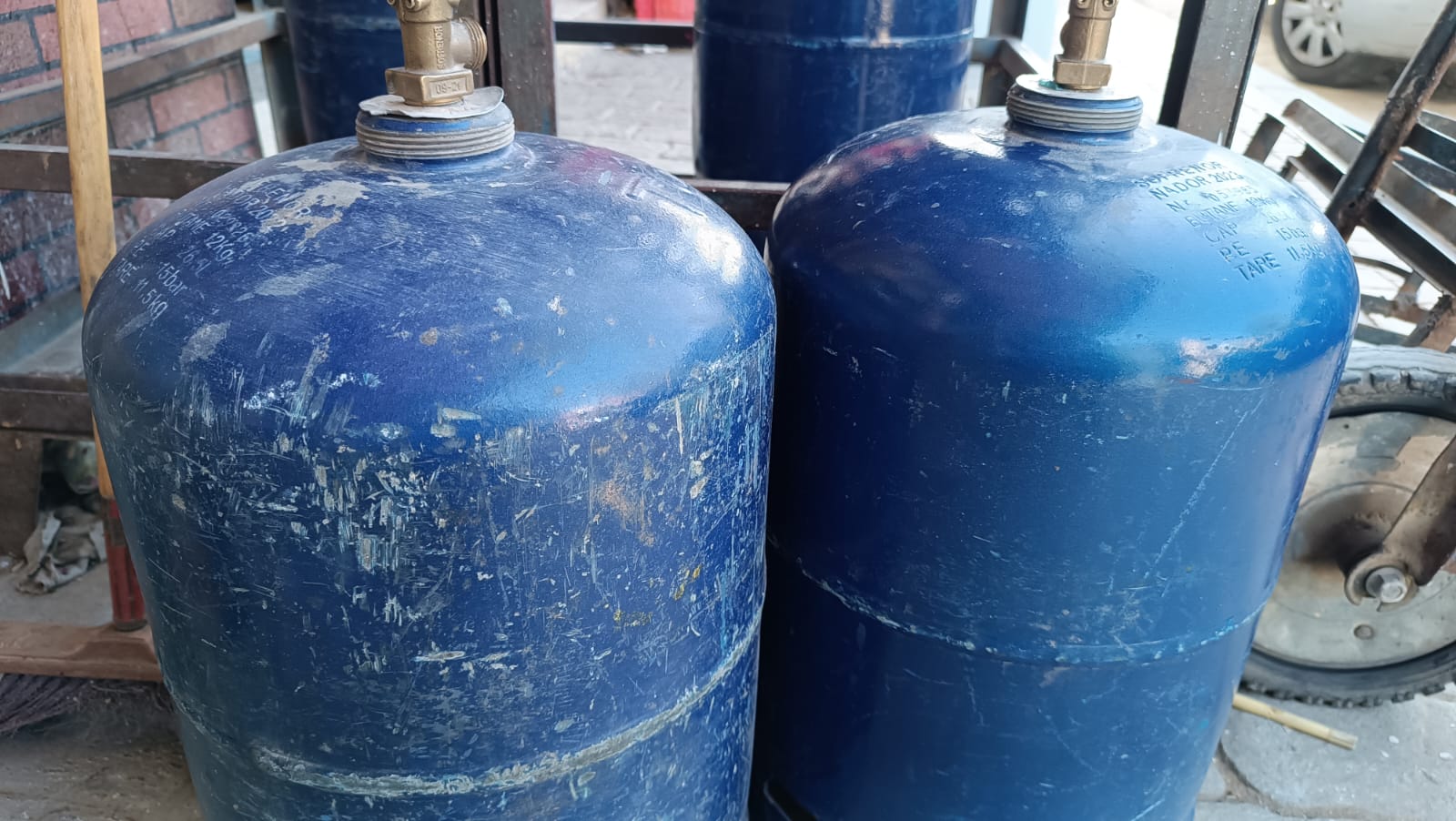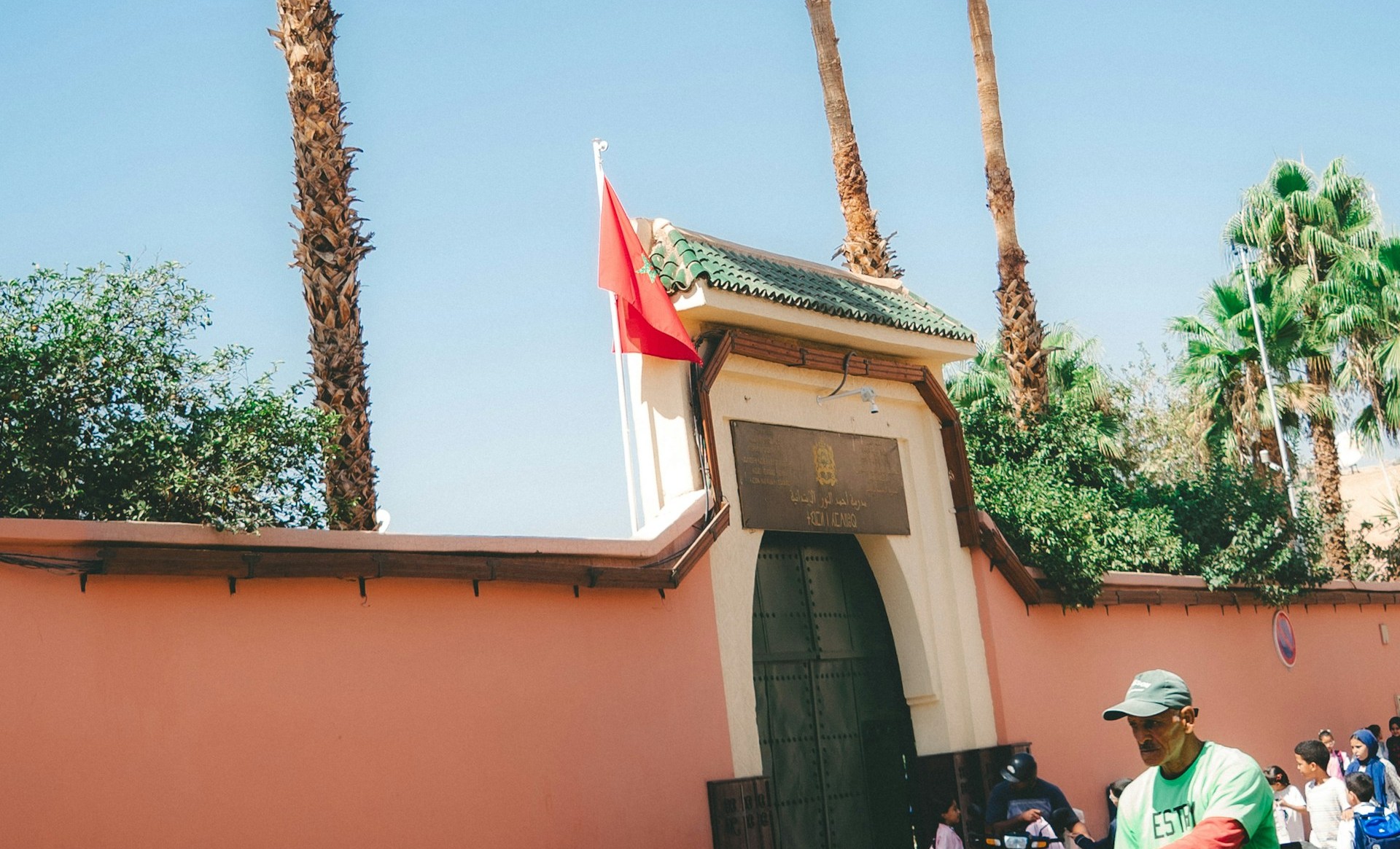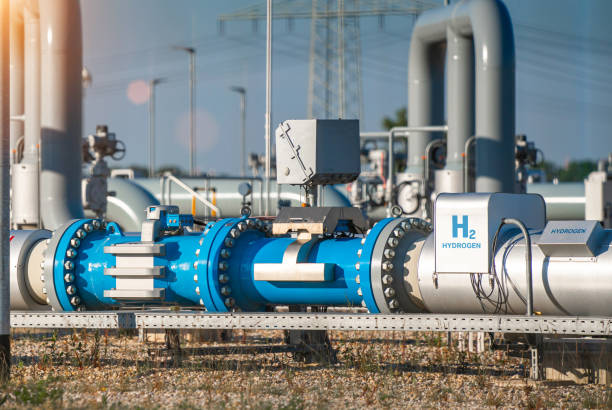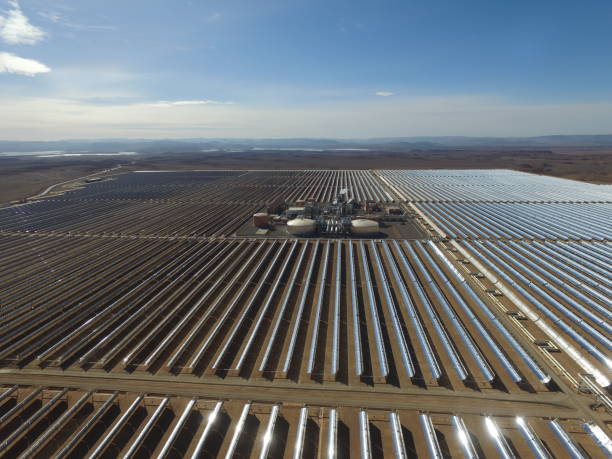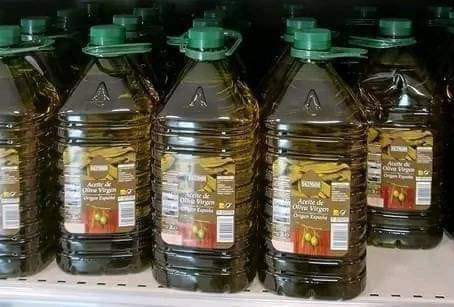Casablanca – The Moroccan government is preparing to unveil reduction in subsidies for bottled butane gas, aligning with broader reforms aimed at improving the social protection system. This decision, outlined by informed sources speaking to Hespress, signifies a crucial step in the gradual restructuring of the Compensation Fund under Framework Law No. 09.21 on social protection.
According to reports, the proposed subsidy reduction for butane gas cylinders in 2024 will be implemented gradually, with an estimated decrease of approximately $0.26 for a 3 kg cylinder and $1.03 for a 12 kg cylinder. This reform initiative underscores a strategic shift towards optimizing financial resources to strengthen key social programs, with a focus on providing direct support to eligible individuals.
As part of the Compensation Fund reform, the government has decided to remove subsidies on gas and increase the price of a 12-kilogram gas bottle by $1.03 over a period of three years.
Prime Minister Aziz Akhannouch recently highlighted significant progress in implementing vital social projects during a parliamentary session. By the end of April, over 3.6 million families were benefitting from direct social support programs, along with 4.2 million families under the “AMO Solidarity” initiative.
The broader objectives of these reforms include supporting more than 300,000 families in acquiring primary housing and providing wage increases to approximately 1.25 million families, predominantly in the public sector. Additionally, 3 million families from the private sector are set to benefit from wage increases starting next year, reflecting outcomes from recent social dialogues.
The comprehensive implementation of these social programs, coupled with the results of social dialogues and the financing of direct social support, is expected to cost the state treasury approximately $8.2 billion by 2026. This strategic realignment underscores the government’s commitment to advancing social protection measures and ensuring equitable access to essential services for Moroccan citizens amid ongoing economic reforms. The anticipated reduction in butane gas subsidies represents a pivotal component of these efforts, aimed at optimizing financial resources and directing support towards those most in need.
